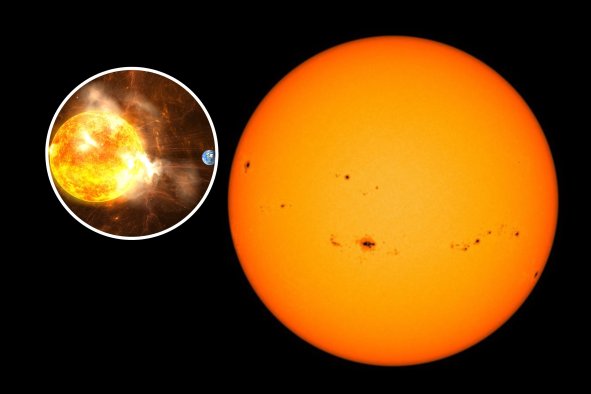Americans experiencing psychological distress due to climate change are more likely to engage in collective action to address the issue, according to a new study in the journal npj Climate Action.
The research, led by Matthew Ballew, provides insights into the complex relationship between climate-related mental health impacts and environmental engagement.
By analyzing two national probability samples of U.S. adults, Bellew and colleagues found that 1 in 6 Americans report at least one feature of climate change psychological distress, such as feelings of depression or anxiety, several days or more often over a two-week period.
Certain groups, including Hispanic and Latinos, lower-income adults, younger generations, Democrats and urban residents, reported higher levels of distress than others.
Importantly, the research indicates that individuals experiencing climate-related distress are significantly more likely to participate in collective climate action or express willingness to do so. This relationship holds true even when controlling for other factors known to influence environmental behavior, such as political ideology and beliefs about collective efficacy.
"People experiencing distress are more likely to engage in collective action on climate change or express a willingness to do so, even when controlling for several correlates of environmental behavior," the authors wrote.
"These findings highlight that many Americans are experiencing psychological distress from climate change, and those who do are more involved in collective climate action."
The research focused on collective actions, such as volunteerism, contacting government officials, participating in social movements, and engaging in conversations about climate change.
"Many of these collective actions are among the most effective ways to help address climate change. Actions such as these can influence government policy-making and promote the spread of pro-climate social norms that signal a shared commitment to environmental protection and climate action," the authors wrote.
While the study is correlational and cannot establish causality, its findings challenge the notion that climate-related distress has a paralyzing effect on engagement. Instead, it suggests that for many Americans, experiencing distress about climate change may motivate them to take action.
The researchers call for more studies to understand the needs, experiences, and coping mechanisms of people distressed about climate change, especially among those highly engaged with the issue.
"Research such as this can also help identify behavioral strategies to support the well-being of people who are vulnerable to the psychological effects of climate change," the authors wrote.
Do you have a tip on a science story that Newsweek should be covering? Do you have a question about climate change? Let us know via science@newsweek.com.
References
Ballew, M. T., Uppalapati, S. S., Myers, T., Carman, J., Campbell, E., Rosenthal, S. A., Kotcher, J. E., Leiserowitz, A., & Maibach, E. (2024). Climate change psychological distress is associated with increased collective climate action in the U.S. Npj Climate Action, 3(1), 1–10. https://doi.org/10.1038/s44168-024-00172-8
Disclaimer: The copyright of this article belongs to the original author. Reposting this article is solely for the purpose of information dissemination and does not constitute any investment advice. If there is any infringement, please contact us immediately. We will make corrections or deletions as necessary. Thank you.



